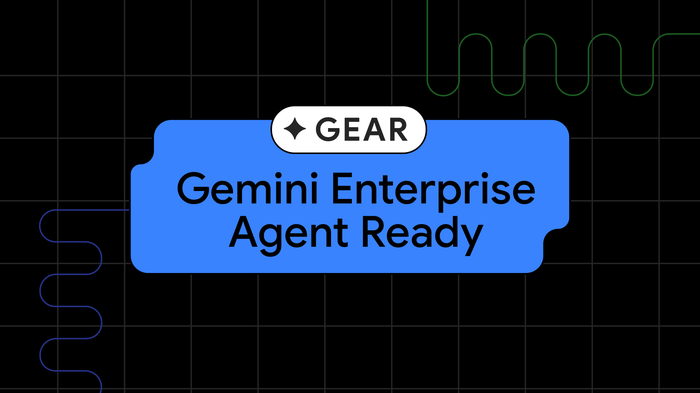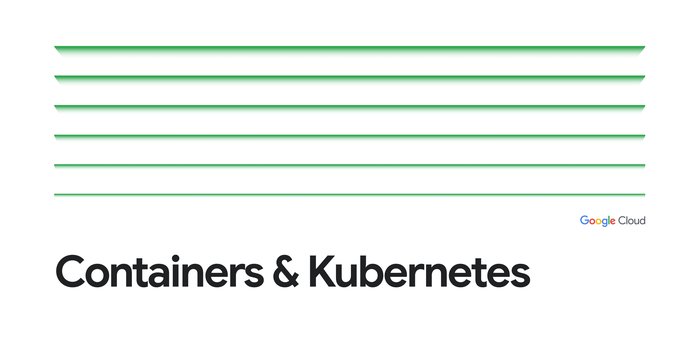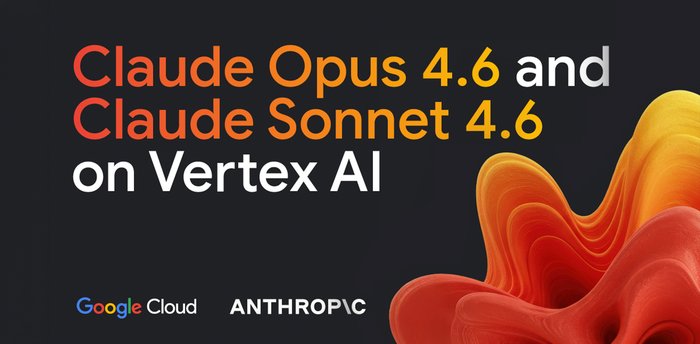Beyond COVID-19, retail looks to transform with AI/ML
Carrie Tharp
Vice President, Global Solutions & Industries
The global retail industry, which has grappled with waves of change over the past decade, is facing one of its most dynamic and unpredictable periods to date. When I speak with retail executives, some are thriving, some are surviving, and some are struggling. What I have taken from these conversations is that COVID-19 has seriously condensed the timeline available to play ‘catch up’ in developing agile, resilient operating models powered by cloud infrastructure, artificial intelligence and machine learning (AI/ML) technologies.
At Google Cloud, we recently commissioned a survey of global retail executives to better understand which AI/ML use cases across the retail value chain drive the highest value and returns in retail, and what retailers need to keep in mind when going after these opportunities. While the study has applicability across all of retail, the researchers focused their effort around two specific sub-segments —Food, Drug, and Mass merchants (FDM) and Specialty —as these verticals have faced dramatically different challenges during COVID-19. Here are the key findings:
There is significant value at stake that can be created with AI/ML across Food, Drug, Mass and Specialty retailers
The researchers looked at 75 use cases across Food, Drug, Mass and Speciality retail to understand where AI/ML can help retailers derive value across different areas of their business.


For Food, Drug, Mass merchant retail the research showed that the application of AI/ML technologies can potentially drive ~$280-650B across the value chain as adoption accelerates. Similarly for Speciality Retailers the research found a potential to deliver ~$230-520B in value by 2023. In an industry where profit margins are in the single digits, AI/ML is increasingly a foundational investment area for retail leaders.
A few use cases unlock a disproportionately large share of value
While there are many considerations that go into deciding which AI/ML projects to work on, the data showed there is a clear opportunity for retailers to choose initiatives that drive greater value creation. Across a wide range of retailers a few use cases stood out.


For Food, Drug and Mass merchant retailers, merchandising, store operations and logistics are some of the largest cost drivers of the P&L. Not surprisingly, four out of the top ten use cases for this segment fall under these parts of the value chain, including frictionless check out, picker routing, automated task dispatch and shelf checking. Retailers in this space can leverage AI/ML capabilities to gain efficiency and productivity for their employees by automating tasks across stores and distribution centers.
In Specialty, the use cases that drive the most value fall within merchandising and assortment, product lifecycle management, and logistics and fulfillment. For these retailers, use cases within merchandising and assortment make up five out of the top ten list and focus on improvements in demand planning by optimizing assortment, inventory, and markdowns. By combining data and signals from various parts of their business and using AI/ML enabled analytics, merchandising teams can see patterns that traditional analytics often miss and make granular predictions even for new/ short life cycle products.
Learn more about transforming your business with AI
At Google, we’ve been solving business problems with AI and machine learning technologies for over a decade and are excited to be bringing this experience and our technology to our customers. Leading retailers including Carrefour, Zulily and The Home Depot rely on Google Cloud AI and machine learning products to transform their businesses.
You can dig deeper into the results of the research and read more customer case studies in this ebook or watch our recent webinar featuring a conversation with Zulily.



